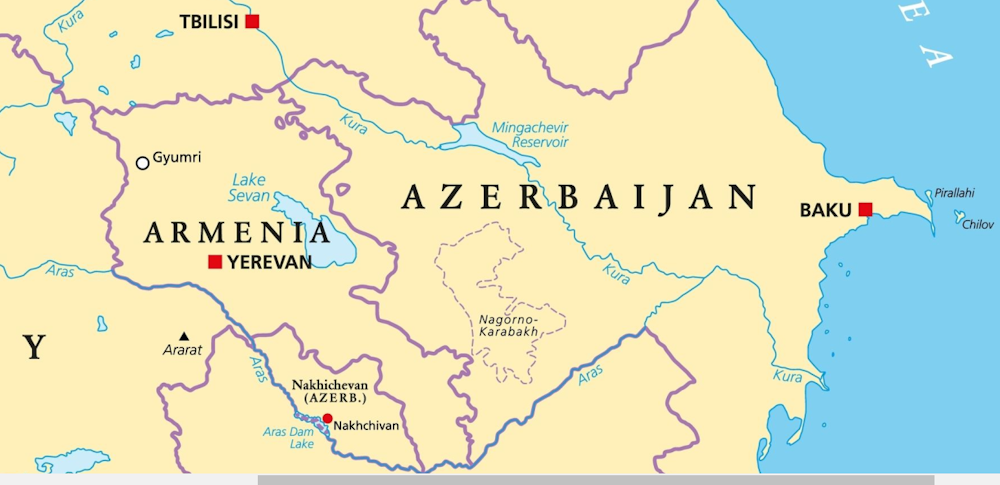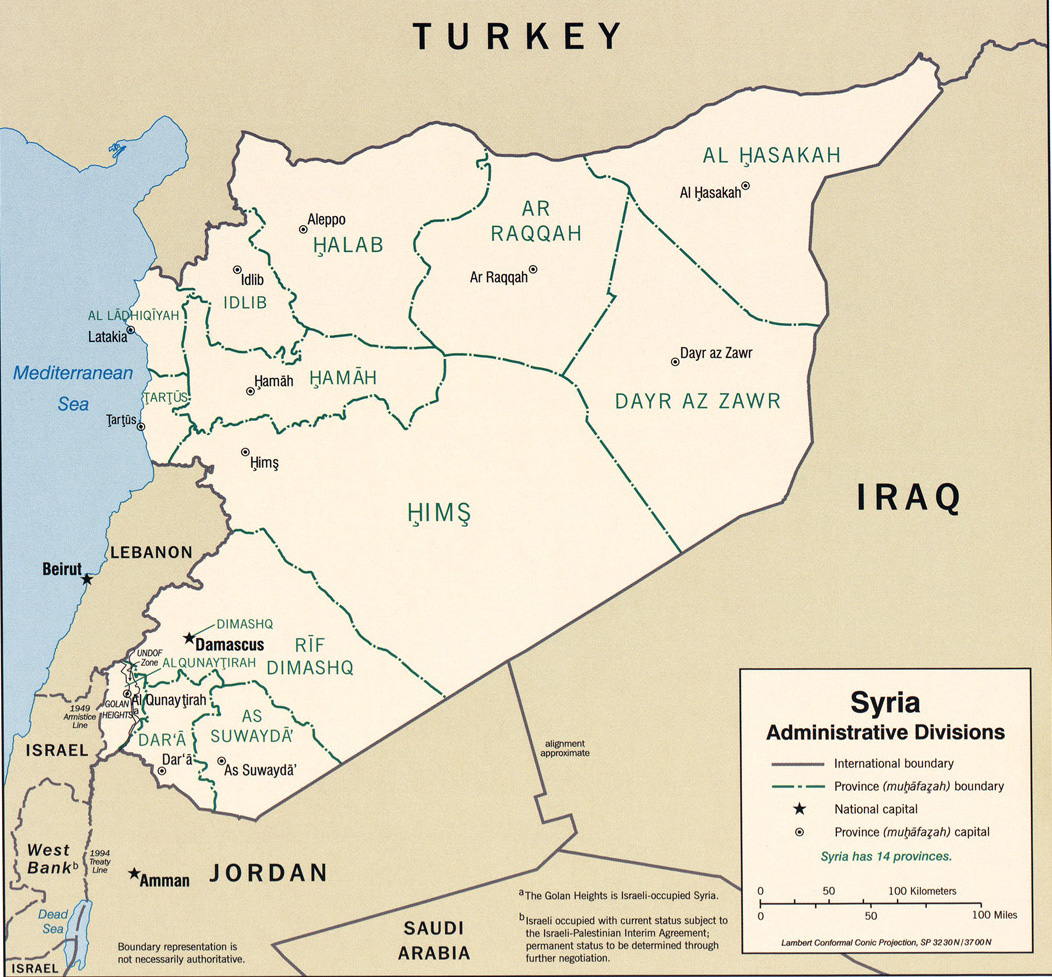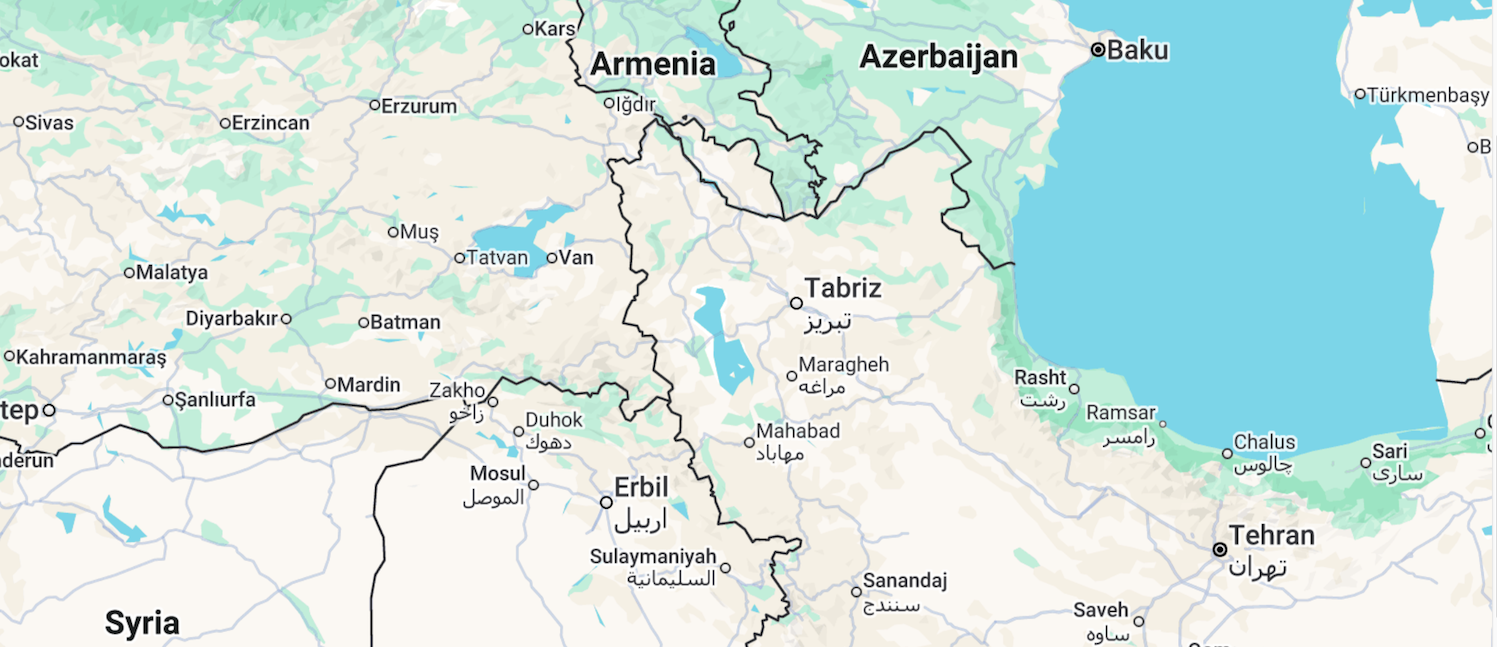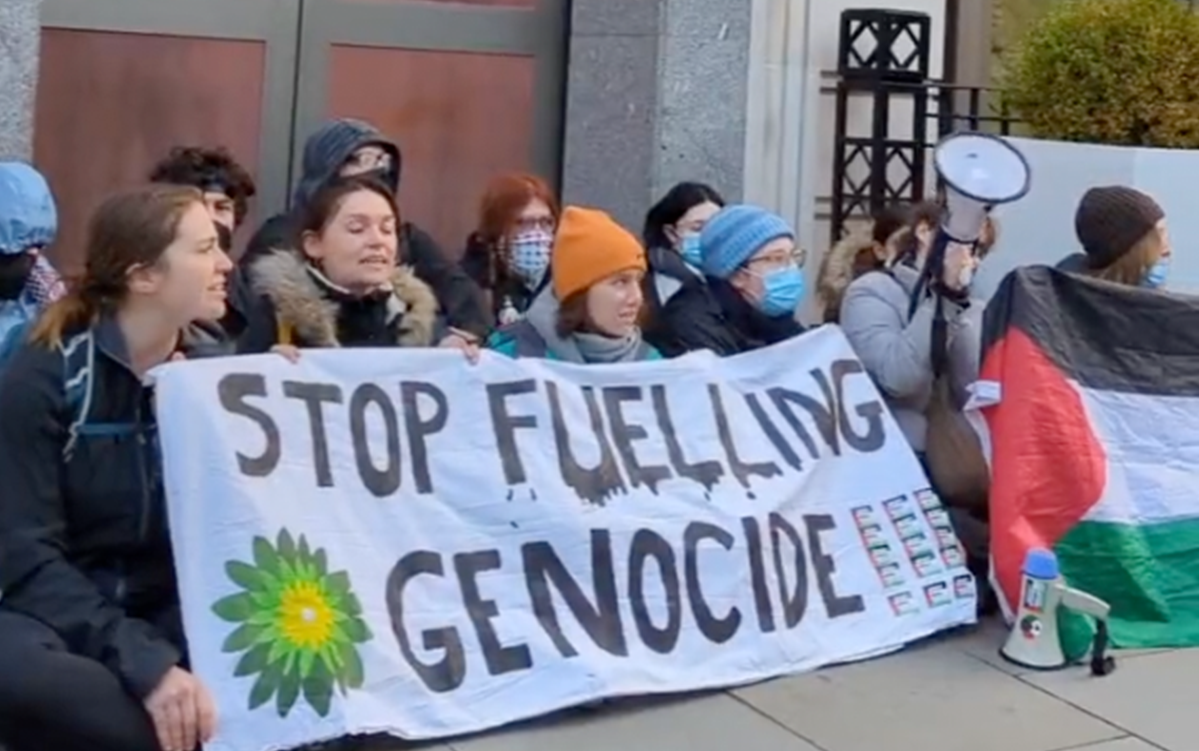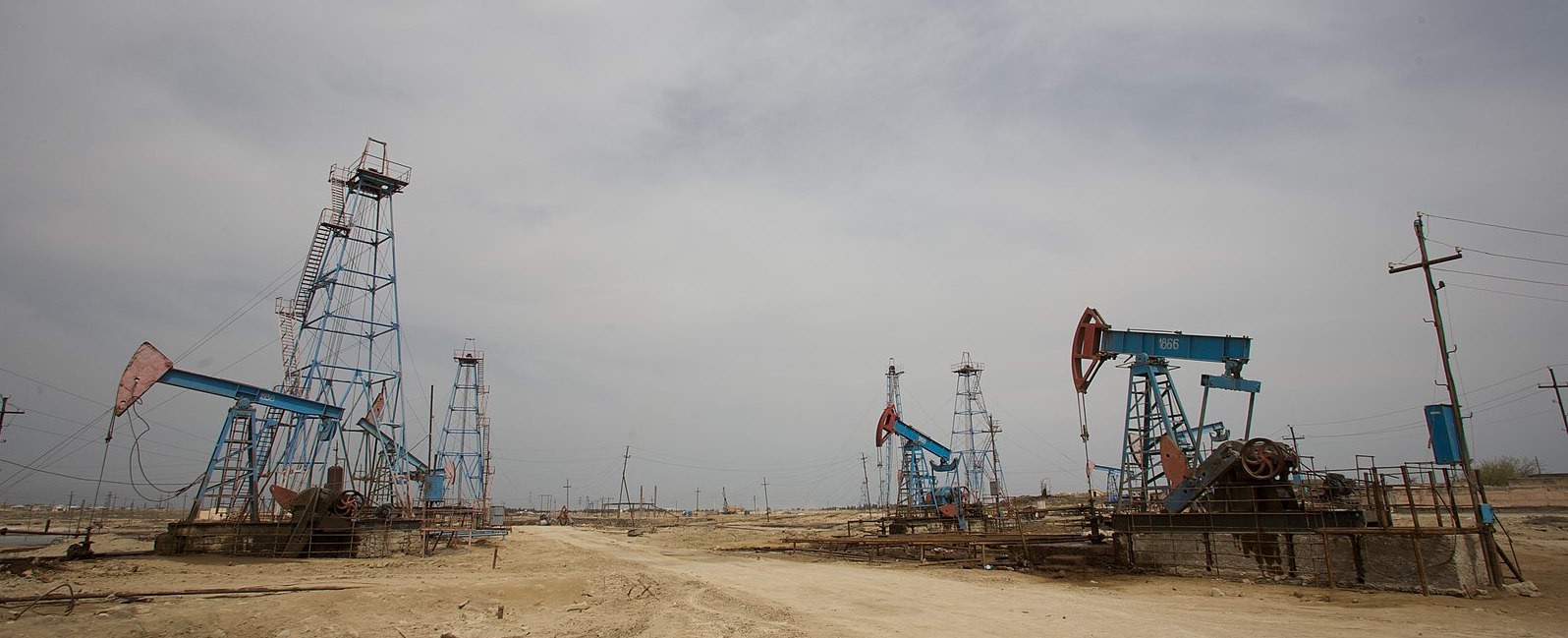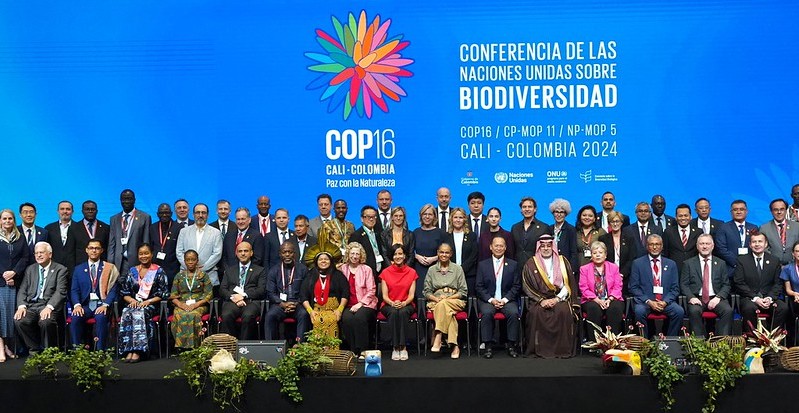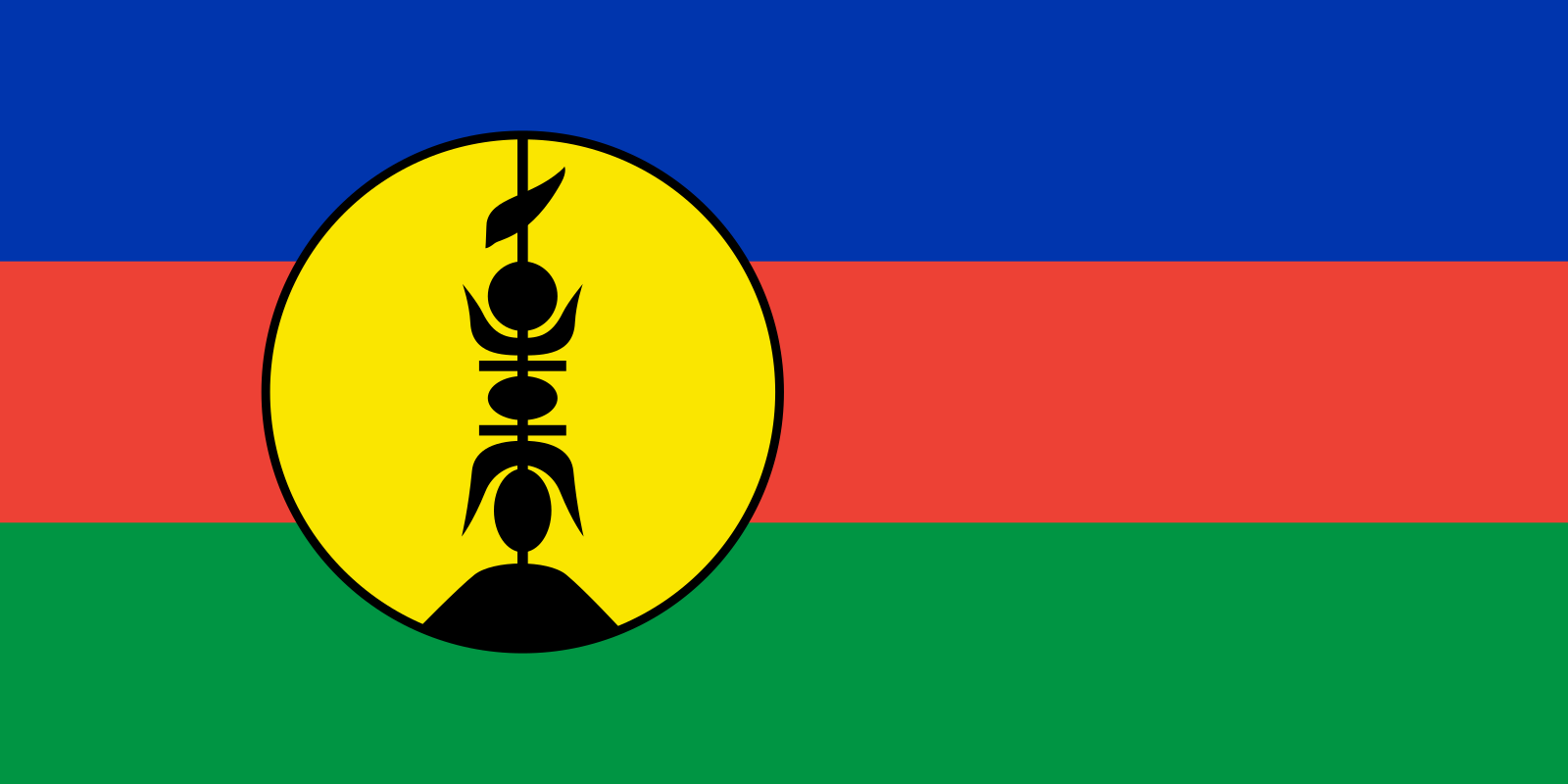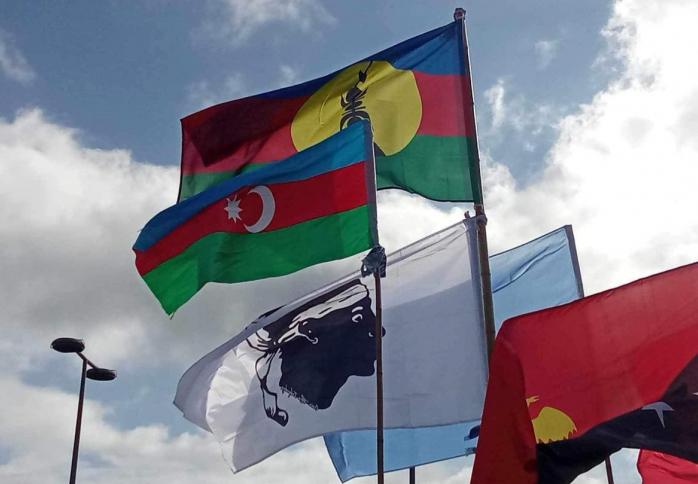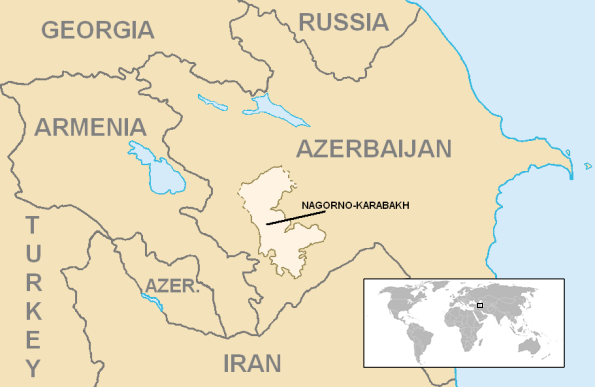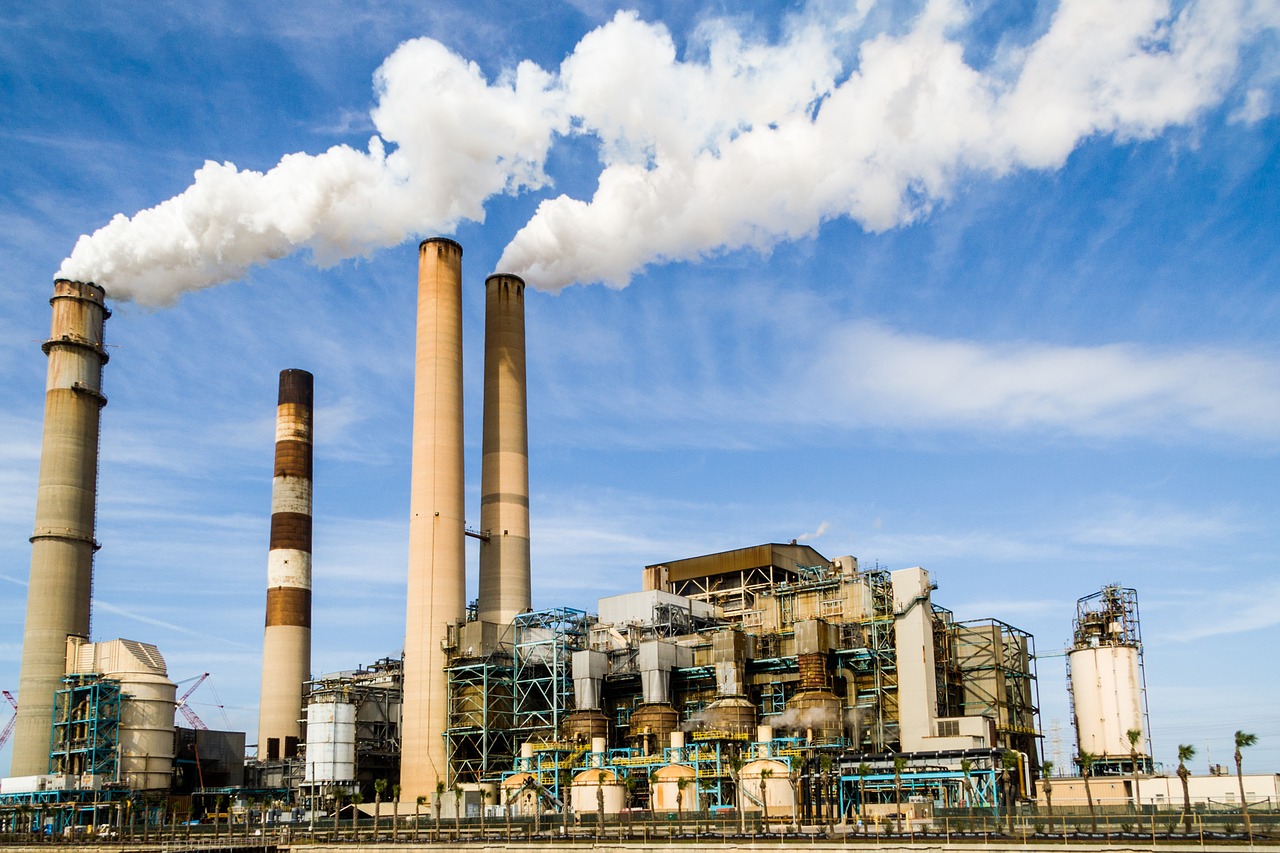
COP30 deal sidesteps fossil fuel transition
The world’s governments approved a new climate deal at the COP30 summit in Belém, Brazil, adopting the so‑called Belém Package, a bundle of decisions that calls for tripling outlays to help vulnerable countries adapt to intensifying climate impacts. The package references the Global Goal on Adaptation in the 2015 Paris Agreement, and an expanded “action agenda” to scale finance for locally led projects such as resilient agriculture and “nature‑based solutions.” However, efforts to secure a negotiated roadmap away from fossil fuels collapsed after days of deadlock. The final compromise text omits any explicit commitment to “transition away from” or “phase out” coal, oil and gas—despite sustained pressure from a large coalition of states and civil society groups to include such language. The major oil-producing countries resisted binding language on hydrocarbon reduction, while many developing countries tied their support for any resolution to assurances on finance and equity. (Photo: cwizner/Pixabay)




